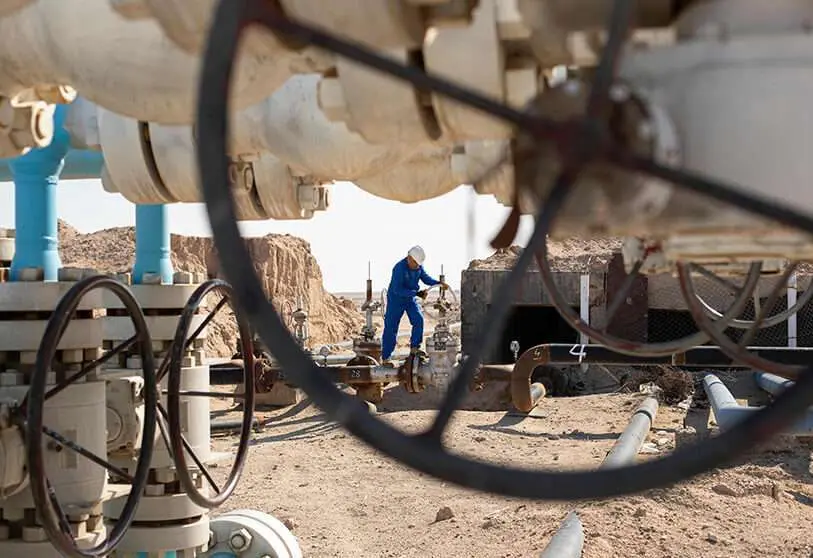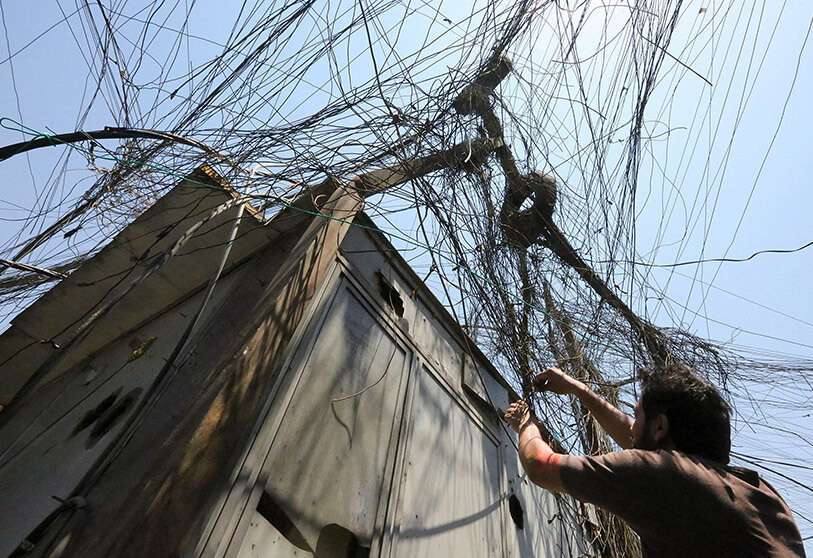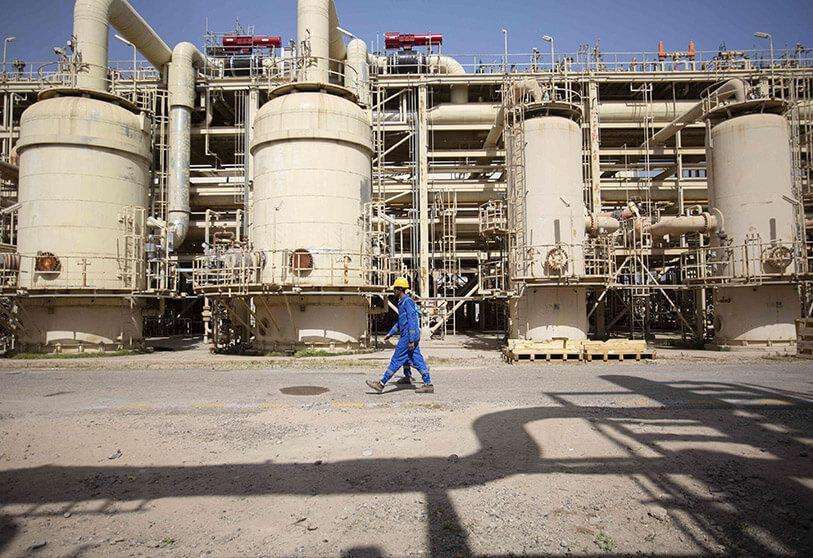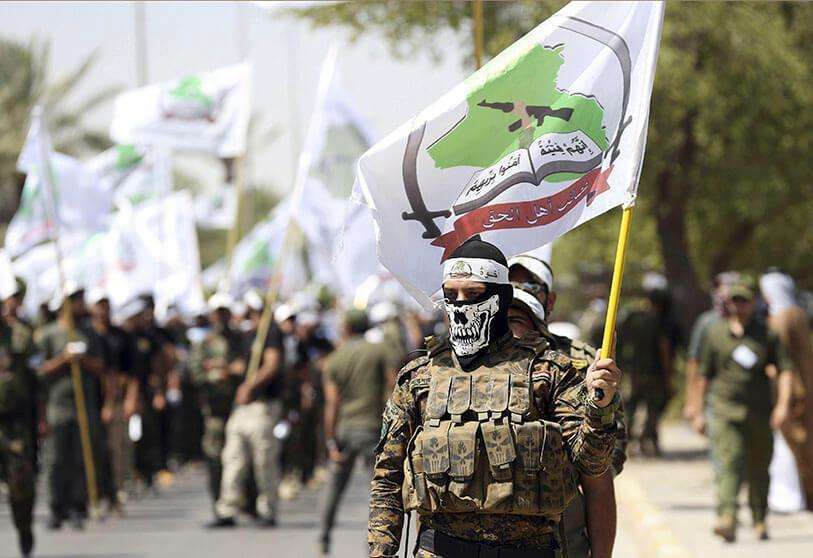Iran leaves Iraq without gas as summer approaches

Iraqi Electricity Minister Adel Karim announced a reduction in electricity supplies to the country's population as a result of cuts in Iranian gas supplies to Iraq agreed earlier this month.
The authorities in Tehran informed the Iraqi interim government of their decision to cut 5 million cubic metres of liquefied gas due to Iraq's non-payment of a debt of 1.6 billion dollars, as agreed in May for supplies in the summer months. "The reduction in Iranian supplies has led to system limitations, which have caused a reduction in the hours of electricity supply," reads the statement from Minister Karim.
In May, the two countries' authorities reached an agreement that Iran would increase its transport of liquefied gas to Iraq to meet 35 per cent of Iraq's gas demand. In summer, electricity consumption increases enormously in the region, due to the high temperatures reached during the day, which make it essential to use cooling equipment in homes, buildings and various infrastructures. In the four summer months, Iranian gas consumption in Iraq increases by 5 to 3 times compared to the winter months.

In exchange for this increased gas supply, the Iraqi government committed to repaying a $1.6 billion Iranian debt by 1 June. Payment methods were a stumbling block to reaching the agreements due to international sanctions on Iran. The payments were intended to be made through donations to food, medical and humanitarian aid funds.
According to the Iraqi government, the non-payment as of 1 June is due to problems in the state budget. The delays are due to the impossibility of finalising a new budget, which is blocked by parliament. The political situation in Iraq has been unstable since the last elections in which the Shiite cleric Al-Saadr emerged as the winner. Al-Saadr has not yet been able to form a government with his Kurdish supporters in the north, largely due to Iranian interference, which seeks to establish a broad coalition government with Al-Saadr that includes Tehran-backed parties.

Iraq is a major oil producer, and the Kurdish region in the north of the country aims to position itself as a major gas producer in the region in the future. However, it suffers from a lack of infrastructure to properly process crude oil. Added to this are attacks by militias known as the Popular Mobilisation Forces (PMU), a coalition of armed groups under the tutelage of the Iranian Revolutionary Guard, which throughout 2022 have allegedly launched attacks against Iraqi refineries and infrastructure in the Erbil region.
According to analysts consulted by Atalayar, these attacks are aimed, among other objectives, at strengthening Iran's gas export plans and subjugating Iraq as a customer for its product.
Kawa Hassan, director of the Stimson Center's Middle East and North Africa Program, in an interview for Atalayar published in May 2022, concluded that the PMU attacks are aimed at 'pressuring the Kurdish authorities to form a government in Iraq or to respond to their plans to export natural gas'.

Electricity Minister Adel Karim, appearing on national television last month, announced with great regret that dependence on Iran for gas supplies could last another five to 10 years. Meanwhile, Iraq is already looking for alternatives to Tehran in this field.
Some solutions to Iraq's needs are already on the horizon. The first of these comes from Turkey. Both countries are working to connect the second largest city, Mosul, to the Turkish national grid. The authorities of Karim's ministry announced the connection in November 2021 and it would be ready to supply 300MW/day.
From the south, Baghdad is also studying a plan to connect to Kuwait and Saudi Arabia for electricity supplies. As for gas, the Iraqi government has also begun talks with Qatar to obtain gas transported by ship. For now and for this summer, however, they will have to remain dependent on Tehran, despite its blackmailing attitude.








